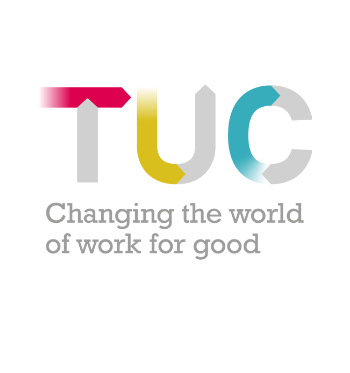
Why is the union watchdog standing in the way of tackling sexual harassment at work?
Two years ago, the TUC published research finding that more than half of women have experienced sexual harassment in the workplace.
For women aged 16 to 24 years old the figure was even higher, with nearly two-thirds reporting incidents ranging from inappropriate comments to sexual assault.
While some people were shocked by the findings, many women were only too aware of how it matched their own experiences.
Not long after our report, #MeToo gave many people the confidence to share those experiences, stand up to perpetrators and demand better protection from employers.
Trade unions have stepped up our efforts – as campaigners, as employers and as organisations with a duty of care to our members.
One of the TUC’s affiliates, the Musicians Union, set up a ‘safe space’ online for members to report harassment at work. When several complaints were made about the same person, the union examined the evidence and made the decision to expel him.
But the government’s trade union watchdog, the Certification Officer, has forced the union not only to restore his membership, but to include him on a list of recommended suppliers.
The decision centres around a line in the union’s rules stating that if a complaint is made within 28 days of the offence, with reasonable grounds given, it “shall be investigated if charges are justified”.
Nothing in the rules says an investigation shall not be made if it is more than 28 days since the reported incident. And in cases of sexual harassment, there can be good reasons why it takes time for a person to have the confidence and support to come forward.
#MeToo has shown us the barriers that women face in reporting sexual harassment. Feelings of isolation, trauma and shame, toxic workplace cultures and fear of victimisation all combine to make raising issues hugely challenging. It’s no surprise that many women take months and in some cases years to report their experiences.
The union says it followed basic common sense by allowing complaints through the ‘safe space’ to be made and investigated beyond 28 days. And the Certification Officer agreed it was common sense – saying as much in her judgement.
And yet she went on to draw the conclusion that common sense should not apply. Instead she preferred an interpretation of the 28-day rule that precludes investigation of any complaint made more than 28 days later.
There can be no excuse for this decision. It typifies the worst stereotypes of faceless bureaucracy. It is deeply upsetting for the women who were brave enough to come forward with their experiences of harassment. And it is deeply upsetting for Musicians Union reps who work so hard to support their members and keep them safe at work.
We’re a grassroots movement. Most people’s experience of a trade union is their workplace rep. It’s people who volunteer to help colleagues when problems happen at work. It can be tough, emotional work, especially if you are supporting a colleague who has experienced sexual harassment.
Why on earth would a government trade union watchdog block a union’s sensible action to stand up for women members and stop sexual harassment? We stand with #MeToo. It’s about time government did too.
Stay Updated
Want to hear about our latest news and blogs?
Sign up now to get it straight to your inbox

